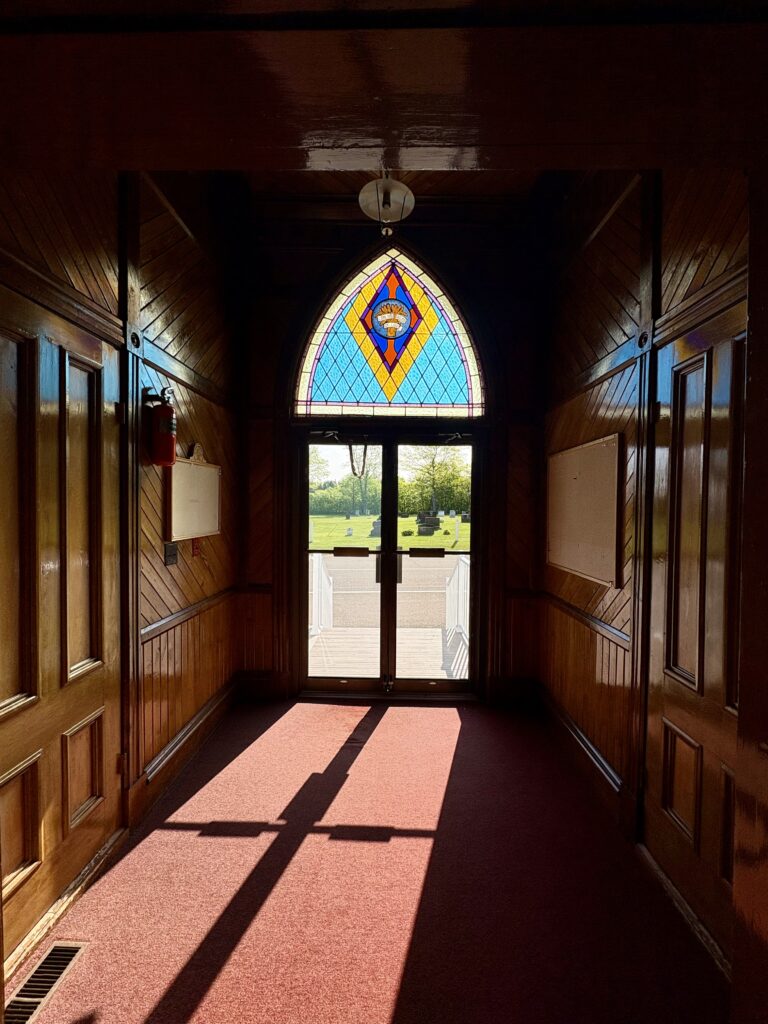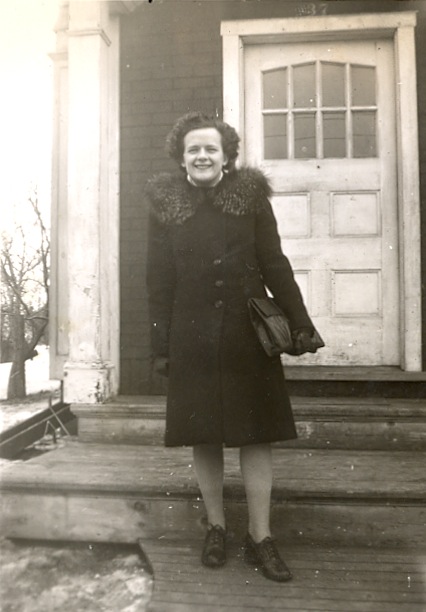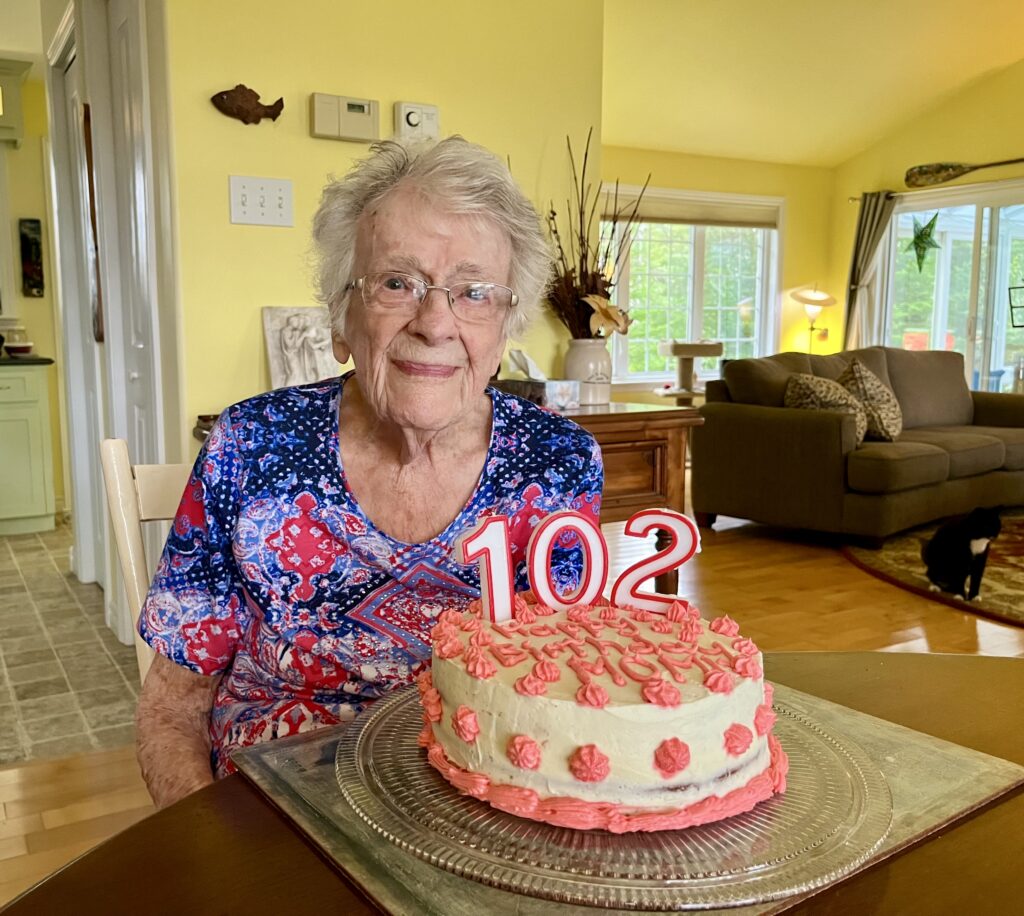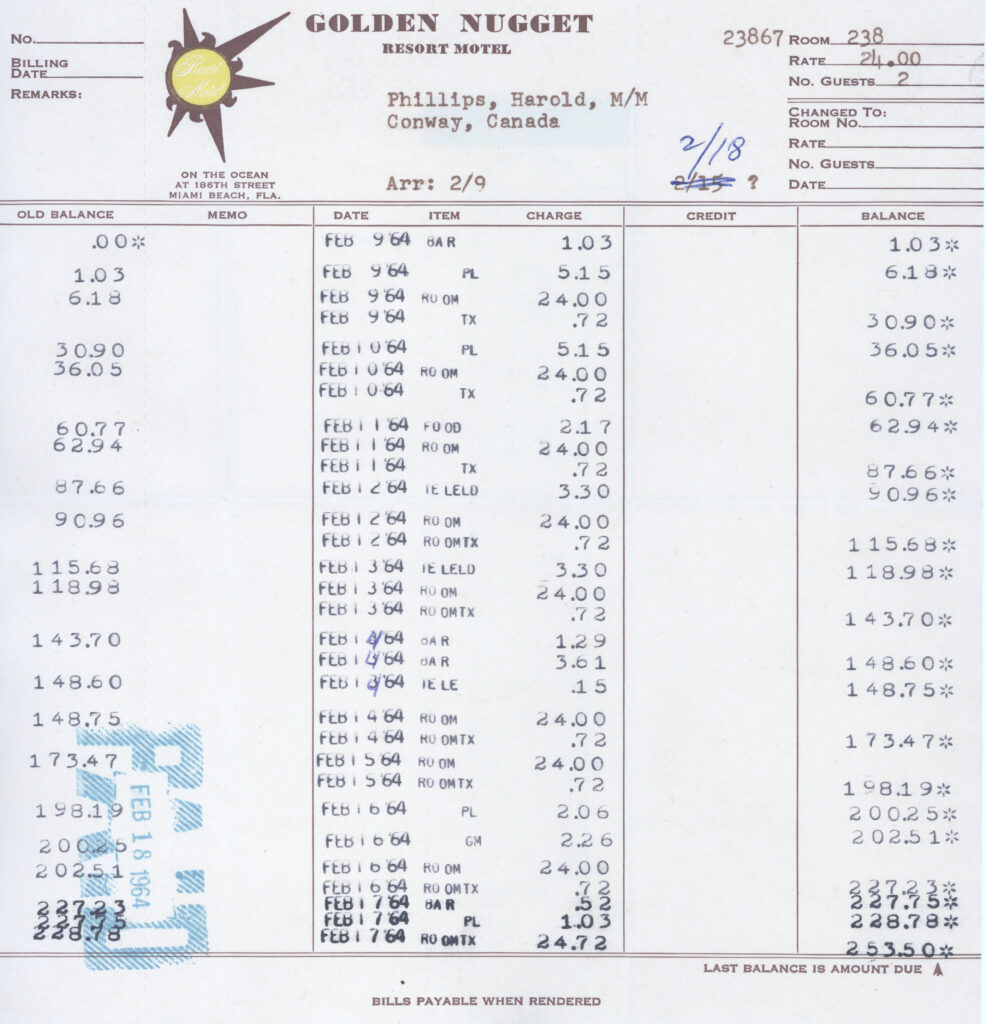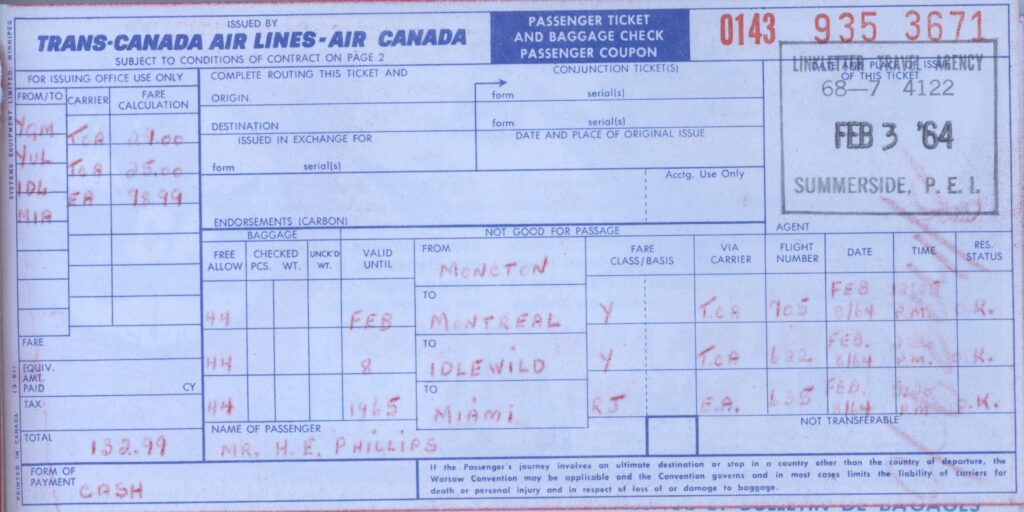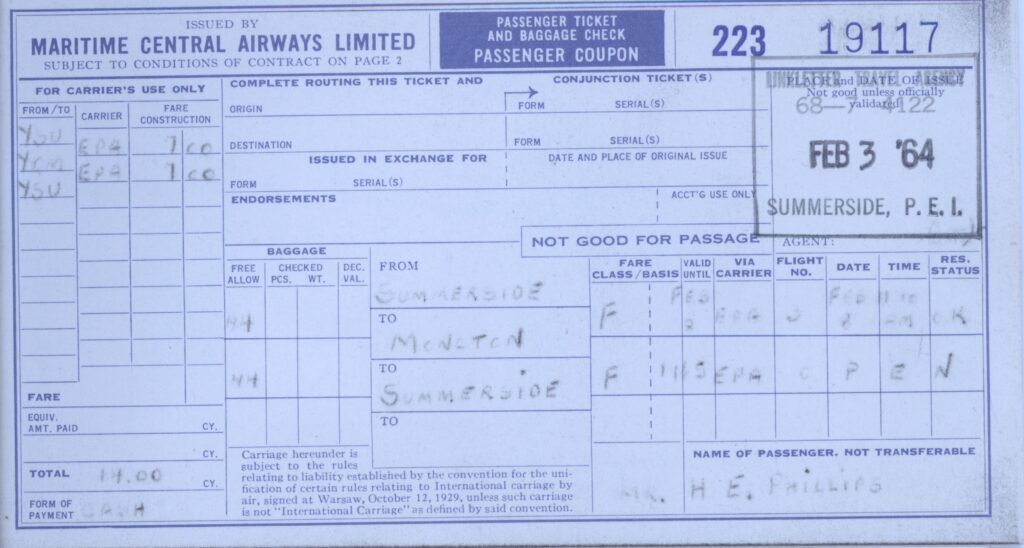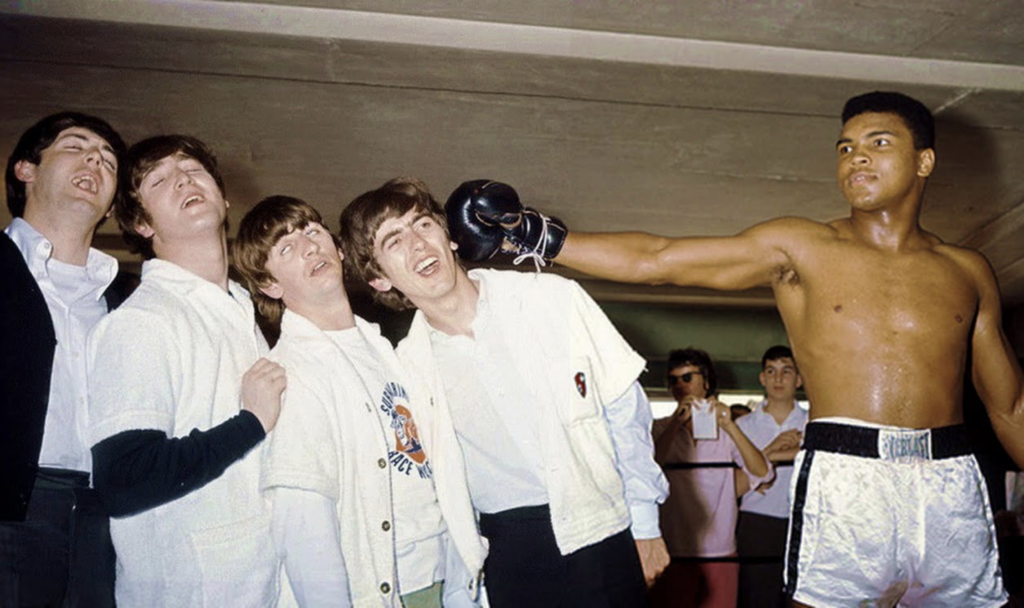My mother, Vivian Phillips, died on May 28. As she kept telling people in the hospital over the five days she was there, she was three months away from being 103.
She was there, with Steven and I, sleeping in a room, the three of us together.
And then she was gone.
I’m adrift. A lifetime of love and attention, the past couple of decades of harmoniously living together, and the past few years of constant worry, vanished. I should be relieved that the hard parts of being a caregiver are over, and part of me is, and I’m certainly more relaxed, but I don’t know what to do with myself, and time spools out before me.
The end came quickly. She went into the hospital on May 22 with sudden rectal bleeding (there is no possible gentle euphemism for that). When this happened once before in 2023, medication stopped the bleeding, she had come home and was fine. It seemed that would happen again, but her failing heart had other plans.
4 billions beats, and then the last one, and done. My vital, joyous, cheerful, industrious, kind mother had become, in an instant, a husk, empty, still.
Yes, she had a long life, never got dementia, never became incontinent (a big deal), never got diabetes or cancer, remained engaged and engaging, lived in our home able to dress and feed herself, could still walk, still go to church, visit with friends, read, write, bake, and knit knit knit, never idle.
All things she and I were grateful for.
But she could never have lived long enough for me. I’m afraid I replied a bit unthinkingly to the first person who reminded me of her longevity that yes, it was true she had a good, long life, but I would give anything to have one more day with her. I will try to remember to not say to someone in a similar position that their loved one had a long life as it really is no comfort at all. Grief is grief just as darkness is darkness.
She was ready to go. She was tired. The world and her place in it wasn’t what it had been. She felt she was holding Steven and I back, no matter how many times we protested that wasn’t true. She prayed each night to Jesus that he take her to be with him, that she not wake up in the morning. I knew this, and was hoping she got her wish.
When she started telling people a few years ago that she was ready to die, it was understandably startling to some, but she knew where she was going and didn’t fear death. She welcomed the eternal rest she hoped would be her reward for trying to walk in the footsteps of Jesus. She is now reunited with my father, her brother and father, a beloved nephew who died suddenly in his teens, the grandparents who raised her, and her mother, who died when my mother was four, 98 years ago.
She told the hospitalist of her nightly prayer on the morning of May 27, and the doctor and she and I talked, and the treatment she was receiving, that they hoped would turn things around for her but wasn’t really helping, was stopped, and comfort measures started. Oxygen and IV removed, a port inserted so she could be given pain relief to help her breathing, which had become laboured as her heart stopped working properly. She died less than 24 hours later, faster than the nurses expected.
After the doctor and my mother and I made the decision to stop treatment – Do you know what this means, Mom? Do you understand what we are saying? – I called my family. I’m an only child, and my mother’s immediate family are all gone, but she is the eldest of a group of cousins, now all in their 80s, who all live close by and made it to the hospital that afternoon to say goodbye. In fact there were three generations, one after the other, some younger cousins who work in the hospital, filling the room, laughing, crying, holding her hand, kissing her cheek. An old friend who happened to be working in the hospital gift shop that day stopped by, tears in her eyes with the sudden news, but rallying to have one last jolly quick visit. My mother was delighted to see them all, even as she was sliding into the next world, asking how they were, how the oyster fishing and lobster fishing was going.
The last visitors left, and then we three were alone, the long evening slipping into night.
She woke at 2:30 am on May 28th trying to get out of bed, over the side rails, and almost succeeding, after having been quietly resting for six hours. “I want to get up, please let me get up,” she implored. I held her and told her it was okay and the nurses came and gave her another dose of morphine.
By 5:30, as the sun was coming up, she was gone. She had turned toward the window, away from us, and now the sun was rising, the first day of my life without her in it. I opened the blinds and sat with her, holding her hand. I described the hospital courtyard to her, the sparrow that landed on the spruce tree, the tulips, and told her I was sorry she was missing it.
On discovering she had stopped breathing, I immediately cried to Steven, “Where did she go?” How could this beloved, caring person be switched off so suddenly? We still had things to do. We had to go home and continue on.
The social capital my mother built up over decades of kindness and generosity has been paid back to me a thousand times over the past few weeks. The little Presbyterian church she attended all her life, where most of her family are buried, was as full as I’ve ever seen it for her June 3 funeral service. The doors were wide open, so the fresh breeze kept everyone comfortable, chairs set up at the back after the pews had filled. The choir was full, the singing joyous, and the service filled with scripture and hope, as my mother would have wanted.
The local legion held a service before the religious service and as she was one of the last Second World War veterans on PEI, and possibly the last in Prince County, there were members from other legions in the area. I am now the bugler for our local legion and told her comrades I would play the Last Post for her service. She heard me practice it nearly every day for the past year and in her unfailingly generous way always said I sounded really good, even if I didn’t always, so I knew I could do it, for her.
When I stood to play at her service, though, my mouth was suddenly and alarmingly dry from continuous talking and being tired, and I didn’t get off to a great start. But I remembered my mother’s consistent, loving praise and continued on, because it had to be done, and I did it, counting out the two minutes of silence, which seems so long, and then the Rouse to awaken her to eternal life.
All this feels a million years ago, and at other times it feels like it just happened yesterday. Time contracts and expands: I am five years old, I’m 90, I’m my real age of 58. As I walked out to my car the day before my mother died, pushing the walker she would no longer need to make more room for the family that were making their way to the hospital, I sensed the wave that would soon wash over me, the impact my mother’s death would have on the wider community, and on Steven and I.
I felt untethered, like I would float away, like if I let go of the walker I would fall up to the sky. When I was a child, I had a fever, my hands felt just like two balloons. Now I’ve got that feeling once again…
I’m doing as well as you can, I think. That wave did hit, the most powerful force I have ever experienced, a sadness that I could feel in every cell of my body. Like a wave does, it returned out to sea, sucking me under for a time, but now I’ve popped back up and am floating along. I can see the familiar shore, and I have even touched the sandy bottom a few times, feeling like my old self, but it is hard.
I’ve lost my last parent, I’m the last one standing of my little trio family. I’ve also lost the focus of my life for the past 10 years, my job, the clock that regulated our lives, the heartbeat of our house, and the joyous kindness that my mother spread every day of her life. It is a bitter thing.
I felt sad that my mother couldn’t have one more summer here with us, to experience the fresh berries and the flowers and birds and watching the activity on the river, the fishing boats motoring up and down, the herons marching regally by, the sunsets and storms and waves upon waves.
As her life went dark, the world was getting lighter and lighter, long, green days, the bluest skies after a dark, dreary May. Spring turned to summer, the trees and shrubs all in flower, the most beautiful, fresh time of year. I moved from my own dear mother to Mother Earth. My mother knew how much solace and joy I find in being outside. Not that she chose when to leave, exactly, or maybe she did, who knows? There are mysteries upon mysteries to life and death.
